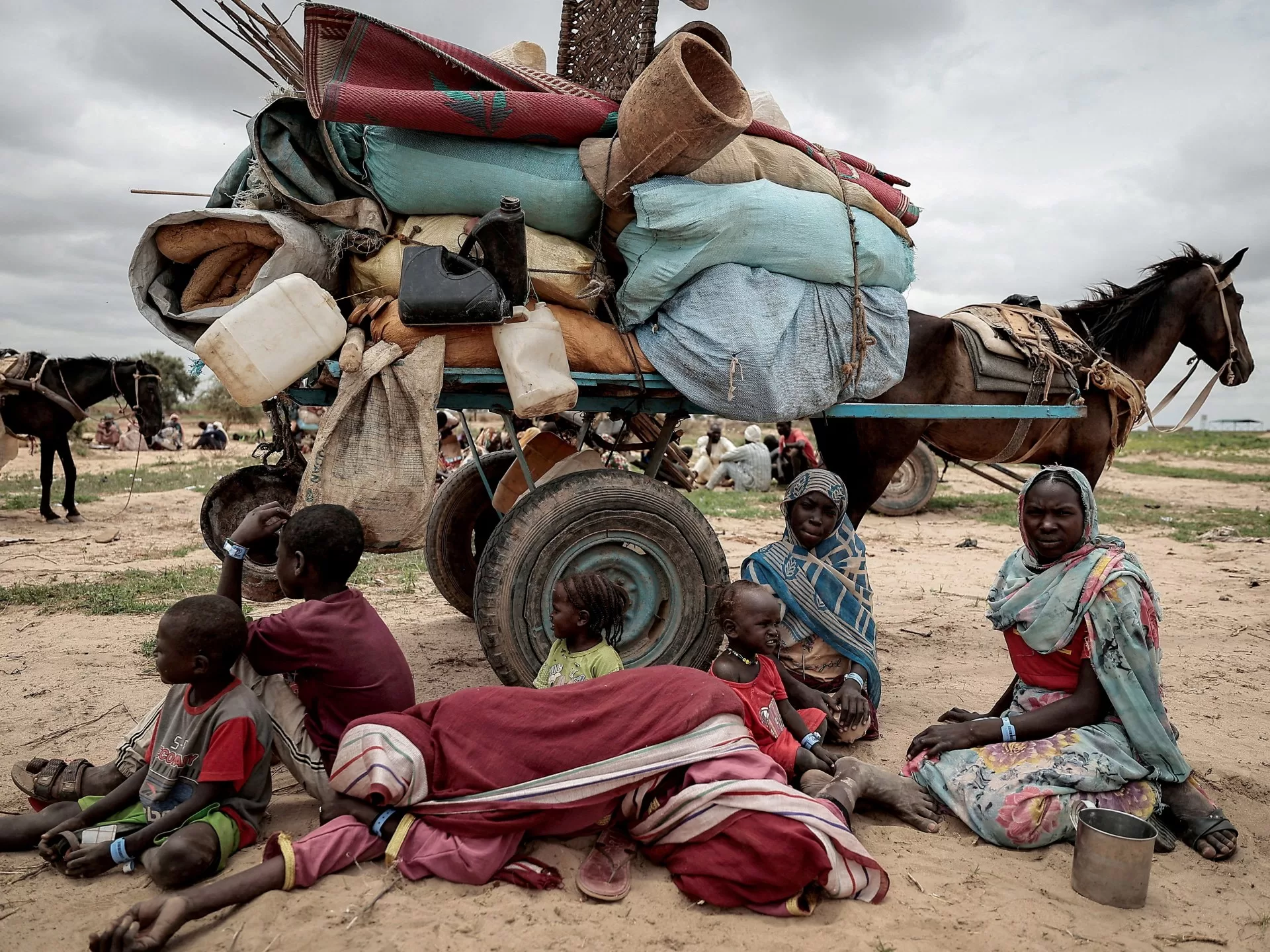An Emirati official tells the Financial Times that the Gulf country ‘does not take sides’ in war in Sudan.
According to the UN document, evidence suggest that the UAE had sent weapons to the RSF “several times per week” via Amdjarass in northern Chad.
The UAE “does not take sides in the current conflict,” an Emirati official on Wednesday told the British newspaper. The country had “consistently called for de-escalation, a sustainable ceasefire and the initiation of diplomatic dialogue” in Sudan, the source was cited as saying.
The UN report, which has not been published yet, was compiled by experts for the UN Security Council.
In a letter to the monitors, the UAE said 122 flights had delivered humanitarian aid to Amdjarass to help Sudanese fleeing the war.
Last week, a UAE official told Reuters that it extended an invitation to the UN monitors to visit a field hospital in Amdjarass “to learn firsthand about the humanitarian efforts undertaken by the UAE to help alleviate suffering caused by the current conflict”.
The RSF, led by Mohamad Hamdan Dagalo, has been engaged in a brutal war against the country’s army, headed by Abdel Fattah al-Burhan, for more than nine months. The war has left about half of Sudan’s 49 million people in need of aid, and more than 7.5 million have fled their homes, according to the UN.
Dagalo controls most of Sudan’s western region Darfur and parts of the capital Khartoum. The RSF has recently also taken control of Wad Madani, one of Sudan’s major cities.
The paramilitary group has been accused, along with Arab armed groups, of killing up to 15,000 non-Arabs from the Masalit tribe in attacks that “may amount to war crimes and crimes against humanity,” read the report.
The RSF has previously denied the accusations and said any of its soldiers found to be involved would face justice.
“The attacks were planned, coordinated, and executed by RSF and their allied Arab militias,” the sanctions monitors wrote in their annual report to the 15-member Security Council.
In December, the United States formally determined that warring parties in Sudan committed war crimes and that the RSF and allied militias had also committed crimes against humanity and ethnic cleansing.
The UN report said that “complex financial networks established by RSF before and during the war enabled it to acquire weapons, pay salaries, fund media campaigns, lobby, and buy the support of other political and armed groups”.
It added that the paramilitary group used proceeds from its pre-war gold business to create a network of as many as 50 companies in several industries.
Since the war started “most of the gold, which was previously exported to UAE, was now smuggled to Egypt,” the monitors said.
The new firepower acquired by the RSF “had a massive impact on the balance of forces, both in Darfur and other regions of Sudan,” the report found.
The European Council (EC) imposed sanctions on six companies for their alleged involvement in financing and arming both warring sides.
Among the companies sanctioned were three controlled by the Sudanese army, including the Defense Industries System conglomerate, which Brussels said had estimated revenues of $2bn in 2020.
The other three companies sanctioned were involved in procuring military equipment for the RSF.
The war has left nearly half of Sudan’s 49 million people needing aid: More than 7.5 million people have fled their homes, making Sudan the biggest displacement crisis globally, and hunger is rising.
